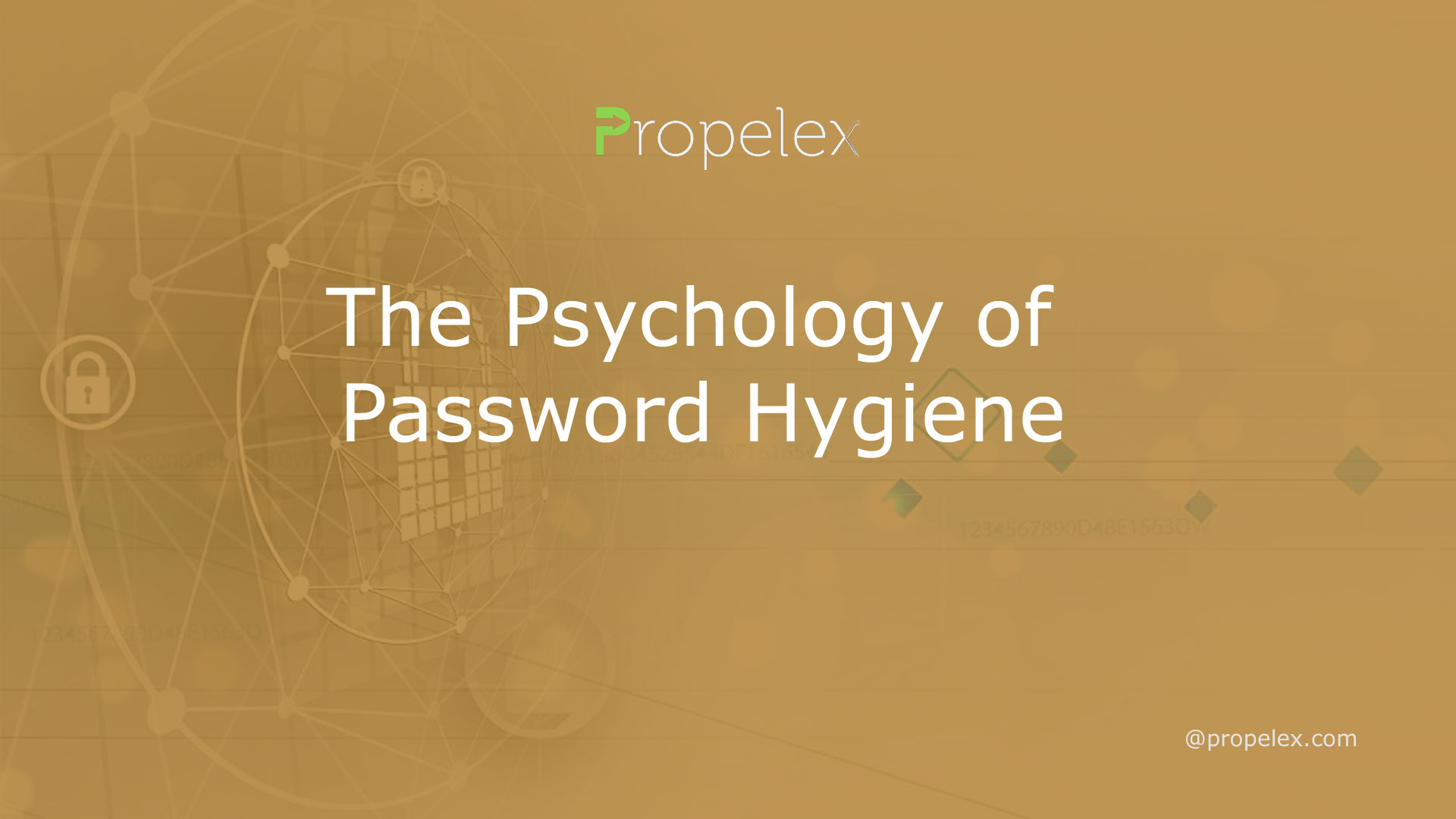When it comes to the Psychology of Password Hygiene, there are many things that can said. The first thing to note is that passwords should use in a secure manner, and it is best to use different passwords for each website you have an account on. This will help ensure that no one will ever guess your password. In addition to this, it will also help prevent you from locked out of your account.
Gen Z’s confidence in password management is low
A recent study from the team at LastPass suggests Gen Z is the worst offender when it comes to poor password hygiene. The company’s fifth annual Psychology of Passwords report explored the habits of 3,750 professionals across seven countries. It found that only about one in three respondents take the proper security measures to protect their data and accounts.
The study inspired by a survey question that asked participants how much privacy they want online and whether they are taking steps to protect themselves. Almost three in four respondents said they do not feel their data is secure. The survey also found that a quarter of respondents used the same password for multiple accounts.
The best security measure is a well-crafted, complex password that is unique to each account. But that may be too expensive for many consumers.
Millennials’ confidence in password management is low
According to a new survey from cybersecurity firm LastPass, millennials’ confidence in password management is low. The study surveyed over a thousand American millennials, aged 25 to 39.
The results showed that despite their increasing use of password managers, millennials aren’t quite as confident in their password hygiene as they thought. In fact, the survey revealed that millennials are less confident than Boomers and Gen Xers in their password management skills.
The research shows that Millennials are more likely to reuse their passwords. They are also more likely to re-use a password from one site to another. Millennials use a variety of methods for storing their passwords, including paper, memory, and a password manager.
According to LastPass, a quarter of millennials store their passwords in a password manager. The company commissioned market research firm Lab42 to study this trend.
Pre-/post-fix patterns of various categories
You might already know that passwords play an important role in cybersecurity. For example, hackers can access credentials through networks, websites, or suspicious emails. With that in mind, it’s important to armed with the best security practices to prevent these attacks from occurring. Among these are good password management practices, a robust security protocol, and multi-factor authentication. To accomplish these goals, however, organizations need to educate employees on password security. This done via password lists and other educational materials. In addition, organizations need to implement measures to help avoid compliance headaches. This includes password verification, a secure password manager, and a phishing defense.
Top 10 password behaviors that make hackers love consumers and employees
If you’ve ever wondered how hackers can get past your password protection, there are several behaviors you can look out for. In addition to these, you should also make sure to adopt new authentication technologies as soon as possible. These behaviors can help increase the level of security in your system and boost your overall safety.
If you use the same password on a variety of websites, you are a prime target for hackers. In fact, one-third of the US population has shared their password with a friend, family member or partner. Another one-third has used the same password on more than one website. This is especially true for Generation Z, which has the most frequent personal password reuse.









